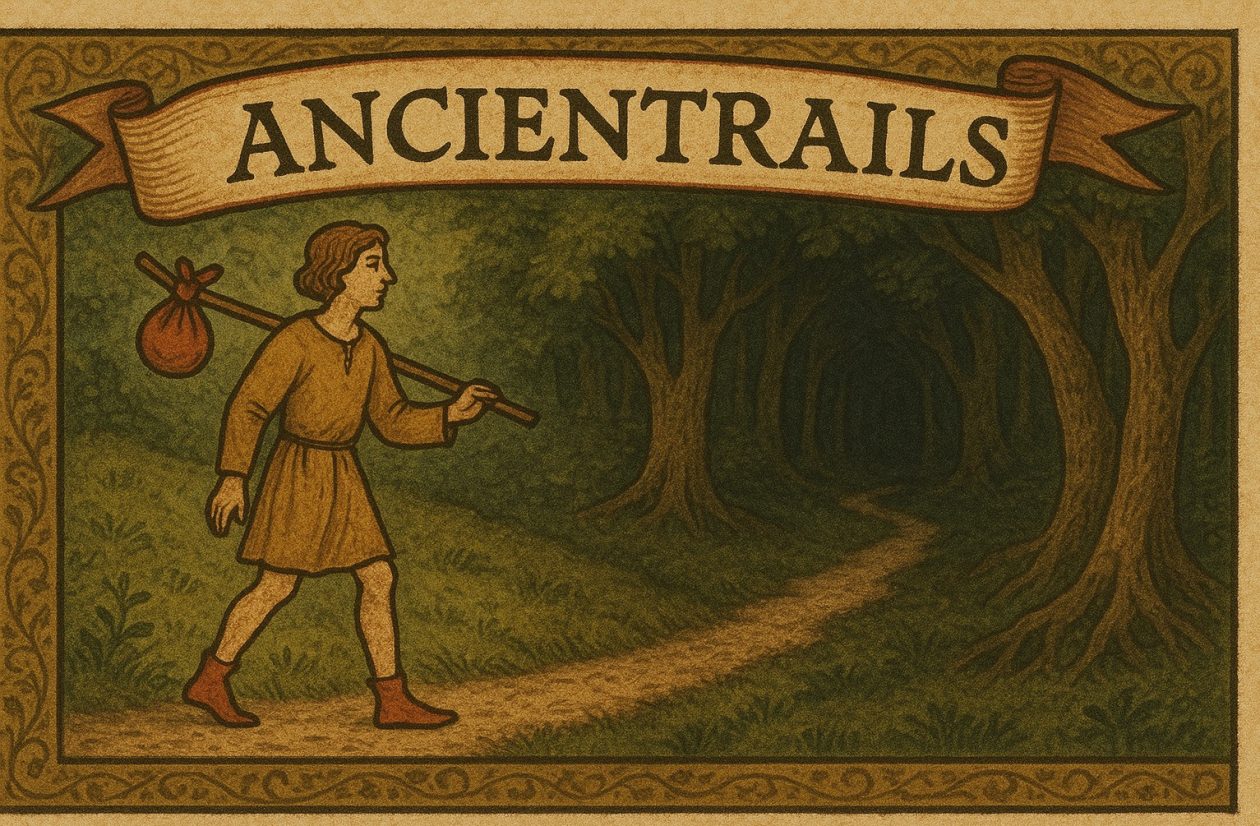Fall Fallowturn Moon
Here’s a “timeless principle” I found on Rep. Aikin’s website today:
Timeless Principles
I get the how. But still I wonder about the anti-science perspective that gains traction in an age of vaccines, space flight, electric cars and digital communications. After shock and awe, I wonder about the why of it.
Not how. I know how: 1. Minds foreclosed by religious dogma, which BTW is different from theology which can admit searching and questioning. Dogma are matters of certainty necessary to faith in a particular religious community. 2. Minds wedded to an ideology that functions like a dogma. Doctrinaire Marxists, objectivists and libertarians are examples here.
I’ve been thinking about the anti-science movement since the Sierra Club legislative awards ceremony on Tuesday. You need go no further unfortunately than the House of Representative’s Committee on Science, Space and Technology to find it alive and voting. NASA, the Department of Energy, EPA, ATSDR, NSF, FAA, NOAA, National Institute of Standards and Technology, FEMA, the U.S. Fire Administration, and United States Geological Survey all fall within the partial or total overview of this committee.
Our lady parts ambassador Todd Aikin sits on that committee. (see an example of his website below) Also on the committee from a Georgia university town and a medical doctor: ATHENS, Ga. (AP) — Georgia Rep. Paul Broun said in videotaped remarks that evolution, embryology and the Big Bang theory are “lies straight from the pit of hell” meant to convince people that they do not need a savior.
An entry on the California Aggie blog adds this: “Sitting with Akin on the affectionately-dubbed “Anti-Science Committee” is Paul Broun, (see above) a creationist who believes the Earth is 9,000 years old, Mo Brooks and Jim Sensenbrenner, both global-warming deniers, and Ralph Hall, who blocked a bill to fund science research by essentially forcing the opposing candidates to vote in favor of pornography.”
This last gem of a politician is, wait for it, the chair of the committee. Chew on that one for awhile.
Science is at fault, I think. Yes, you heard that right. Science has, in large part, created this mess and is probably not the vehicle for getting us out of it. What do you mean, they squawked!
Though we have, I think, put to rest the objectivity of science, that is, science is done within the context of certain value systems and serves certain political ends whether it intends to or not, science itself cannot answer value questions, nor can it create them. Science, as a search for knowledge bound to replicability and constant doubt, looks for empirical data about the cosmos, reasons with and about the data it can obtain and proposes laws, that is apparently predictable outcomes, found if and only if the data supports the proposition. All of science is probabilistic and each theory is only one falsifying piece of evidence away from rejection.
This means, for example, that though climate scientists can define the nature and trajectory of climate change, and though they can even define its etiology, they cannot pass judgement on how we should feel about it. Science cannot tell us whether to welcome a warming climate or attempt to stop it. Scientists can and do express their opinions, but in the end their opinions come into the human conversation as informed but not proscriptive.
Why? Because science is descriptive in its essence, not proscriptive. That is, science describes, but does not prescribe. This may seem like a slight distinction perhaps but it is not. To continue with climate change as our example your reaction to the news of a rapidly warming climate may depend on your faith in technology.
Some technological triumphalists think it is only a matter of time before engineering figures out a silver bullet solution, or, rather several silver bullets. If you believe that’s true, you may be much less inclined to push for carbon emission limits. Or, you may believe, with Genesis, that the world exists as man’s (sic) dominion, that nature’s existence is a grand web of support for our species alone and that somehow the future will just be ok. Or, you may believe that no matter what happens, we’ll figure our way out of the mess because we always have. Or, you just may not to add climate change to your daily struggle to put food on the table, keep your family intact.
None of these positions will be silenced by better or clearer or more understandable science.
Thus, we find ourselves in a peculiar spot, awash in finally detailed knowledge of our universe, replete with grand theories that gather much of that knowledge together with enormous predictive power, yet unable to use any of it to convince science’s enemies that they are wrong. Because science and belief operate in different intellectual spheres and by different rules of evidence.
So how did science create this mess? By being so damned successful. There is almost no area of our life untouched by science from the tiniest cells in our body to the largest physical entity our minds can encompass: the universe. Science has proceeded apace, stacking knowledge on top of knowledge since the early days of the enlightenment. Books, journals, libraries, computer servers overflow with the output of materials scientists, rocket scientists, physicists, biologists, zoologists, entomologists, endocrinologists and all the other expanding fields. And not one of them with a handle on justice, love, beauty, metaphysics, friendship, family, nations. [Okay, before I get blasted. Yes, some disciplines like psychology touch on these, but, again, they are descriptive. Even definitions of psychological abnormality are descriptive. They don’t tell us what to do with a psychopath or a narcissist, or a pedophile. They may suggest treatments, but they cannot say whether we need them or whether we should use them.]
I’ve run out of juice and anyhow I’m restarting on the treadmill today, so that’s as far I’m gonna go today.

